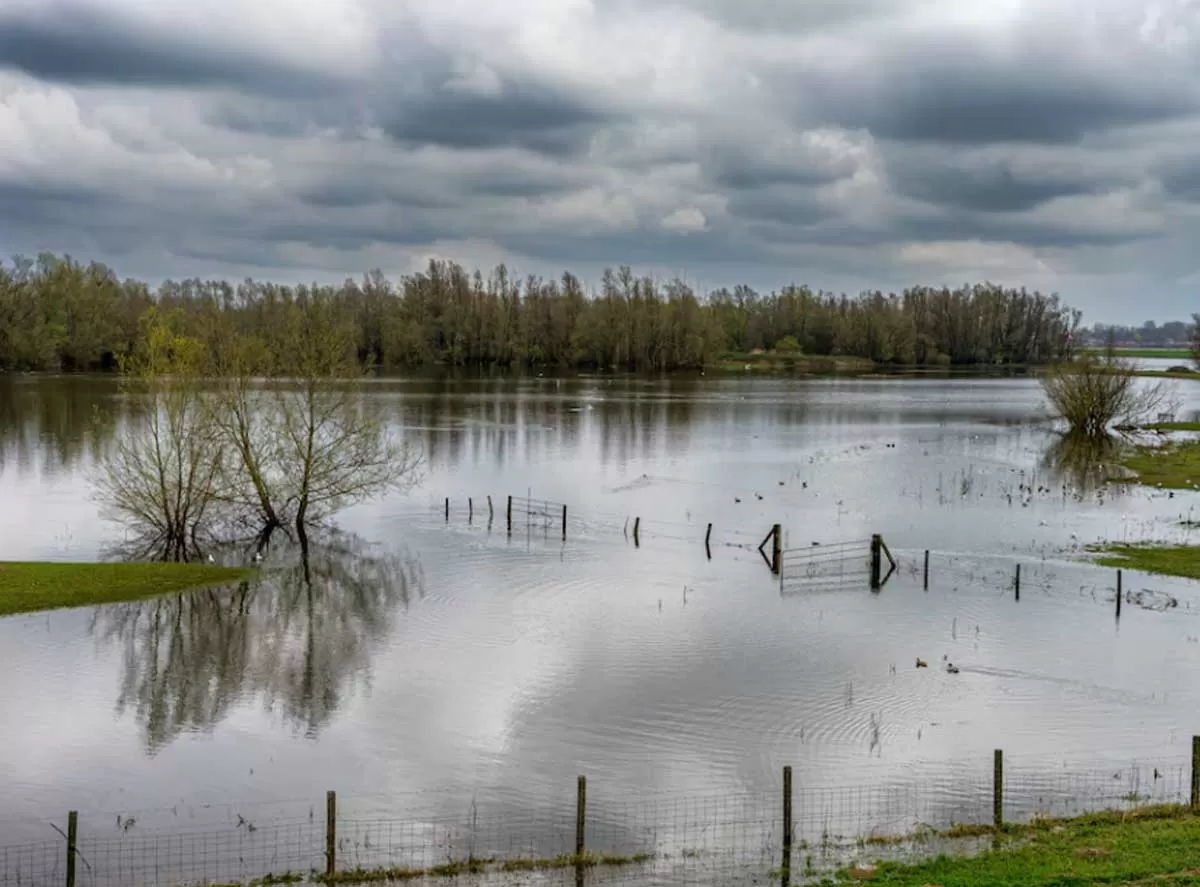

Flood Control and Infrastructure Growth in Northeast India
Flood management and anti-erosion schemes are formulated and implemented by concerned State Governments as per their priority. The Union Government supplements the efforts of the States by providing technical guidance and promotional financial assistance for management of floods in critical areas. Since Xlth plan till date, Central Assistance amounting to Rs 23.82 billion has been released to flood management projects of North Eastern States under centrally sponsored scheme “Flood Management & Border Areas Programme (FMBAP)” of Ministry of Jal Shakti. Budgetary support of Rs 4 billion has..

Initiatives to Boost Investment in Northeast India
The Government of India had introduced a new scheme UNNATI (Uttar Poorva Transformative Industrialization Scheme) on March 9, 2024 for extending support to the industries for enhancing regional infrastructure, create employment opportunities, and promote resilience and prosperity in the region. Under the UNNATI Scheme, the following incentives are provided to the industrial Units: i. Capital Investment Incentive (CII) ii. Capital Interest Subvention (CIS) iii. Manufacturing & Services linked incentive (MSLI) Under the UNNATI scheme the total budget outlay of the Scheme is Rs 100.37 bil..

Govt Strengthens National Preparedness Against Cyber Threats
The Indian government is committed to maintaining an open, safe, trusted, and accountable internet. The Indian Computer Emergency Response Team (CERT-In) serves as the national agency under Section 70B of the Information Technology Act, 2000, to handle cybersecurity incidents. It monitors breaches and provides remedial measures to affected organizations. Critical Information Infrastructure, as defined by the IT Act, refers to computer resources whose compromise could severely impact national security. The National Critical Information Infrastructure Protection Centre (NCIIPC) is designated as..














